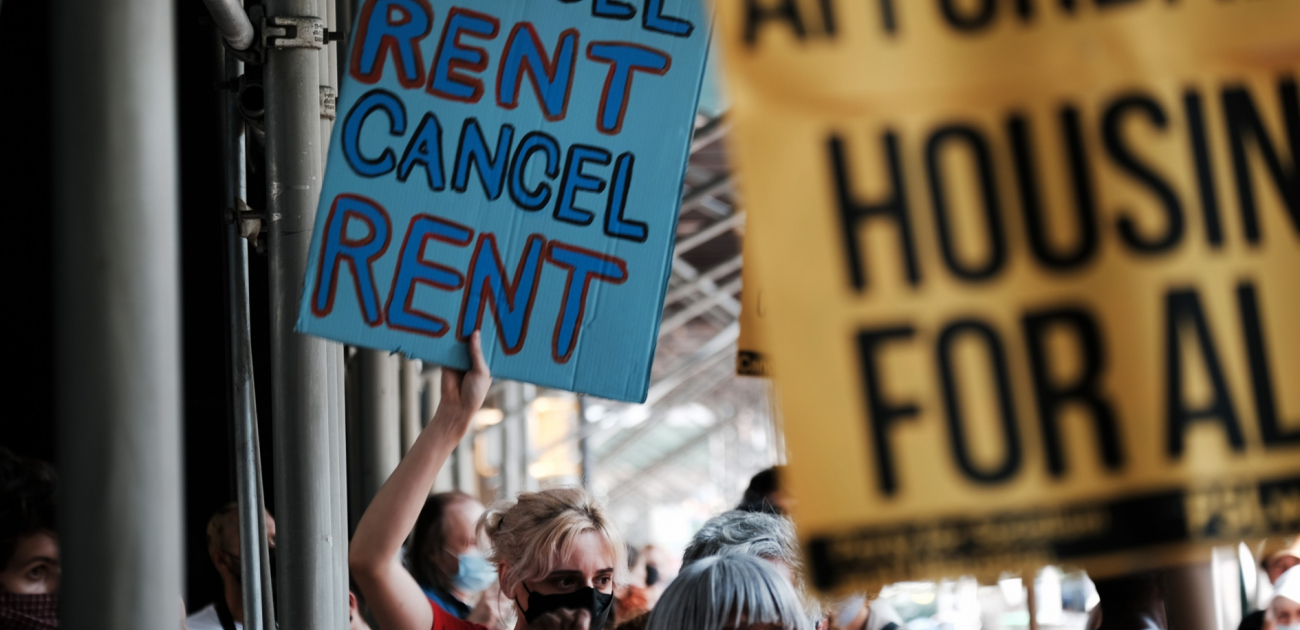Eviction Suspended Due to Granting Narrow Moratorium
Tenants request a narrow moratorium the day before the notified eviction. The current rent is paid, budget management and debt counseling are used. The landlord has not put forward any defence. The narrow moratorium is granted, subject to the condition that the current rent is always paid on time.
Facts
By judgment of 12 November 2021, the applicants were ordered to evict the living space. On November 25, 2021, it was announced by writ that eviction would take place on January 24, 2022.
The applicant has an employment contract for an indefinite period and earns € 2,150 per month. The applicant has an on-call contract with variable income. The applicants can thus pay the rent of € 1,074.64.
Since the applicants have partially paid the rent from October 2021, Schuldhulpverlening has advised that the current rent be paid in full and on time. This is a condition for starting debt counseling. The applicants have followed this advice: the months of January and February 2022 have been met.
Budget management will also start after debt assistance has been awarded. Debt counseling stated at the hearing that it expects to finalize the budget plan. In addition, the applicants will look for a cheaper rental home and the applicant will look for a full-time job.
Since eviction was to take place on January 24, 2022, a provisional injunction was requested on January 20, 2022 to grant a narrow moratorium. By judgment of January 21, 2022, treatment was determined on February 2, 2022. The landlord was duly summoned, but did not put up a defence.
Claim
On 20 January 2022, the applicants submitted an application for application of the debt rescheduling scheme pursuant to art. 284 Fw a provisional injunction pursuant to art. 287b paragraph 1 Fw requested.
Rating
The eviction has been notified, thus there is a threatening situation as referred to in art. 287b paragraph 2 Fw.
The (narrow) moratorium offers a breather in a threatening situation or threat of execution, so that the debtor can come to an arrangement with the creditors. See Parliamentary Papers I 2006/07, 29 942, C, p. 5.
The (narrow) moratorium can be ex art. 287b paragraph 5 Fw for a maximum period of six months.
In the absence of award and rejection criteria in art. 287b Fw, the court seeks alignment with the criteria of art. 287 paragraph 4 Fw. The interests of the applicants and the landlord are thus weighed up. It is established that the applicants have an interest in being able to continue living in the rented house and in going through the amicable debt counseling process (without irreversible execution). The defendant has an interest in the enforcement of its judgment.
The court considers it plausible that the current installments can and will be met. The applicants follow the advice of Debt Assistance and the debt counseling process and budget management are started. Against this background, the applicants' interests outweigh the defendant's interest in enforcement.
As security for the Defendant, the requested injunction is granted on the condition that the current lease installments are paid on time during the provisional injunction.
It is not expected that the amicable process preceding the debt rescheduling scheme will be completed in the short term. The applicants are therefore declared inadmissible in the application for application of the debt rescheduling scheme pursuant to art. 284 Fw. Reference is made to art. 285 paragraph 1 sub sub f jo. art. 287 paragraph 2 Fw. If necessary, applicants can submit a new application in due course.
Decision
The court suspends the enforcement of the eviction judgment for the duration of this provision, and extends the lease. The provision is valid for a period of six months, as long as the current lease installments are paid on time.
The applicants are inadmissible in the application for the application of the debt rescheduling scheme.
Debt counseling must submit a report no later than two weeks before the end of the provision, as referred to in art. 287b paragraph 6 Fw.
Court of Rotterdam 9 February 2022, ECLI:NL:RBROT:2022:1978 (publication date: 17 March 2022)
Do you want more information?
 Marc-Vincent SpanjersbergMarc-Vincent studied Corporate Law in Rotterdam. He then worked at a consultancy and engineering firm, Antea Group.
Marc-Vincent SpanjersbergMarc-Vincent studied Corporate Law in Rotterdam. He then worked at a consultancy and engineering firm, Antea Group. 
